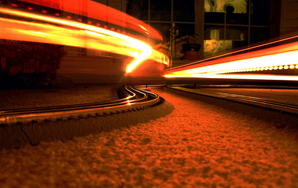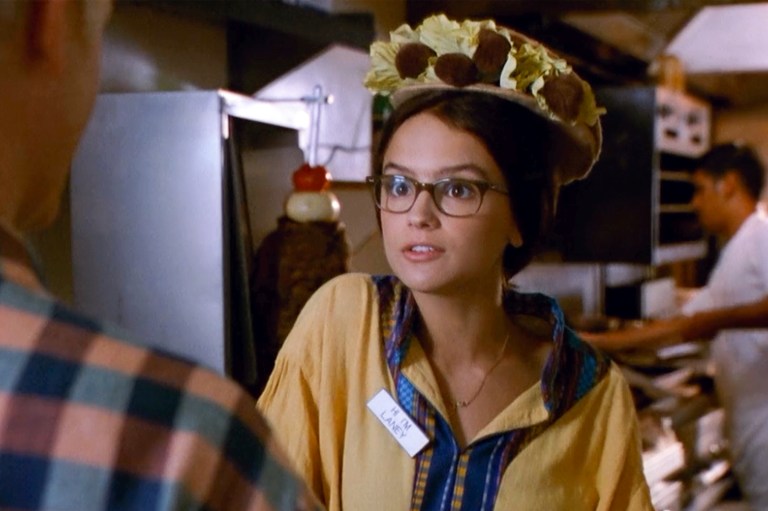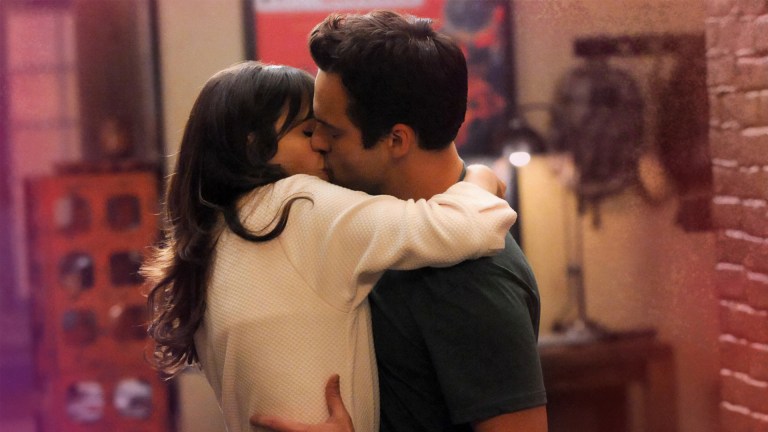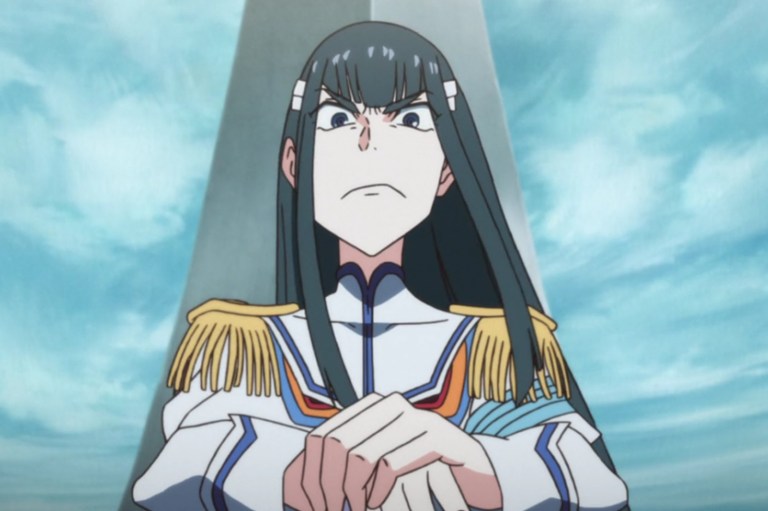
Waldeinsamkeit, Or: How I Fell In Love With Being Alone
Even when I was less sore than the body sleeping next to me I was always tired, more hungry, more lost, more alone; I could only ever feel the feelings of my own body (and the perpetual screams of my calf muscles), and therefore I was the only one feeling them.
Waldeinsamkeit is a strange name for a beautiful idea. It was Friedrich who said, “Words are but symbols for the relations of things to one another and to us; nowhere do they touch upon absolute truth” — a concept which linguists and semioticians alike spend entire lives studying.
The relationship between a word and what that word denotes is fascinating. There are many feelings and ideas that our language can’t adequately identify. And even further, this disconnect produces actual words that don’t have translations, or concepts that can’t be entirely understood.
Waldeinsamkeit is only one of many words for which this is true. It is untranslatable from German, but roughly means “the feeling of being alone in the woods.” And though I may not have known of its existence or meaning at the time, I believe that I may have come to feel it during the three months I spent traveling.
The moments I was meant to be asleep were the ones in which I felt that peculiar belonging. It was the resolution of a world — in those seconds that life was temporarily suspended from it — preparing itself for life. Come dawn, I was always pouring my body into another country or city, stamping my way (and my passport) through bureaucracy and assuming that if my feet hurt I was going in the right direction. I was always waiting for maps to be backwards, translations to be insults, currency to be counterfeit, water to be poison.
These are the things one must consider on trains somewhere in the cracks of a valley, lost in the miniature spaces between the Czech Republic and Austria at four in the morning, cramped between friends I had, in some distant existence, enjoyed the company of. Even when I was less sore than the body sleeping next to me I was always more tired, more hungry, more lost, more alone; I could only ever feel the feelings of my own body (and the perpetual screams of my calf muscles), and therefore I was the only one feeling them.
But the ache was always dignified in those spaces of life that life didn’t think I could see; the stage wings of a world that couldn’t possibly be connected to itself, the intervals between performances that in many ways weren’t performances at all.
It was the gaps between haste that always made sense — the contentment of finding home, alone, on a train to The Netherlands after being left behind by my friends in Berlin’s main Hauptbahnhof station, or the stare of an old Hungarian man watching my barely conscious stumbles past the only open bar on a street corner in Budapest at dawn.
I was given the chance to live, even if only briefly, in a world that was not ready for me to live in it. Stringing seconds together that were torn from the fragments of life that I wasn’t expecting to be a part of. Alone in a forest of moments.
The first time I really saw Prague, for example — quite literally falling off a train from Vienna hours after I had meant or wanted to get there — was past midnight. The same staggers that’d always followed me (in Hungary, in Germany, in Austria) were catching up and I was skipping on what I swore at the time must’ve been fake cobblestones. We found the main square past a labyrinth of stone winding both above and below us and only obstinately letting us out, probably because it couldn’t find any more ways to trick our sense of direction (and we stubbornly persevered, because who wouldn’t?).
In the dim light we could see that Old Town Square, which we would later discover was so idiotically cramped in every conceivable way in the daylight, was empty.
We were seeing this small piece of the world not only for the first time, but also as it had not prepared for us to see it. The towering buildings were our trees, their endless spires were branches. And in that dark we were essentially, perfectly, and fantastically alone. ![]()











